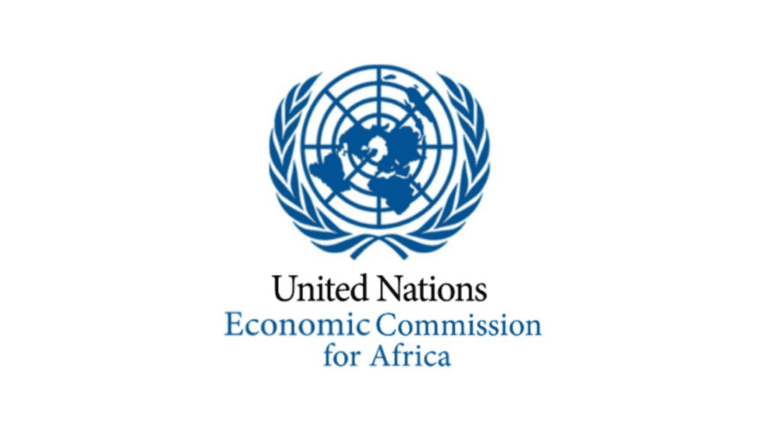In a statement issued on Thursday, UNECA said Africa’s vast resources, from gold and diamonds to fertile lands and solar energy, have too often enriched a privileged minority – both local and foreign – while leaving the majority of Africans behind.
The statement followed a series of discussions centered on practical solutions to turn Africa’s wealth into prosperity for its people at the African Economic Conference held in Gaborone, Botswana.
It said the illicit financial flows occur when about 282 million people in Africa remain undernourished and more than half of the nations face debt distress as external debt climbs past $1 trillion.
The statement quoted Said Adejumobi, Director of Strategic Planning at the Economic Commission for Africa (ECA), as saying that poverty, inequality, and underdevelopment persist as billions flow out of the region.
Adejumobi said the paradox of plenty in Africa is as visible as it is frustrating – a continent endowed with immense natural wealth yet burdened by poverty, hunger, and unsustainable debt.
The Sustainable Africa Series, which serves as the basis for this feature. funds that could transform healthcare and infrastructure.
“Debt remains another major obstacle. High interest rates and cycles of unproductive borrowing trap many African nations in dependency,” Sonia Essobmadje, Chief of the Innovative Finance and Capital Markets Section at ECA, calling for the need for better debt management and local capital markets.
“Sometimes we borrow just to repay previous loans, which is unsustainable,” said Essobmadje. She emphasized the need for “economic diversification, fiscal discipline, stronger public debt management strategies, and, above all, the establishment of domestic capital markets.”
Zuzana Shwidrowski, ECA’s Director for Macroeconomics and Governance, stressed that African nations must embrace new growth strategies as they strive for middle-income status.
“Investing in human capital, advancing regional integration, and mobilizing domestic resources are essential,” said Shwidrowski. “With a revenue-to-GDP ratio below its potential, Africa has the chance to increase self-reliance and unlock untapped resources.”
Strengthening tax systems and using tools like green and blue bonds could unlock billions for public investment. The African Continental Free Trade Area (AfCFTA) was described as a game changer for reducing reliance on raw material exports and building local industries in Africa.
MG/abj/APA


